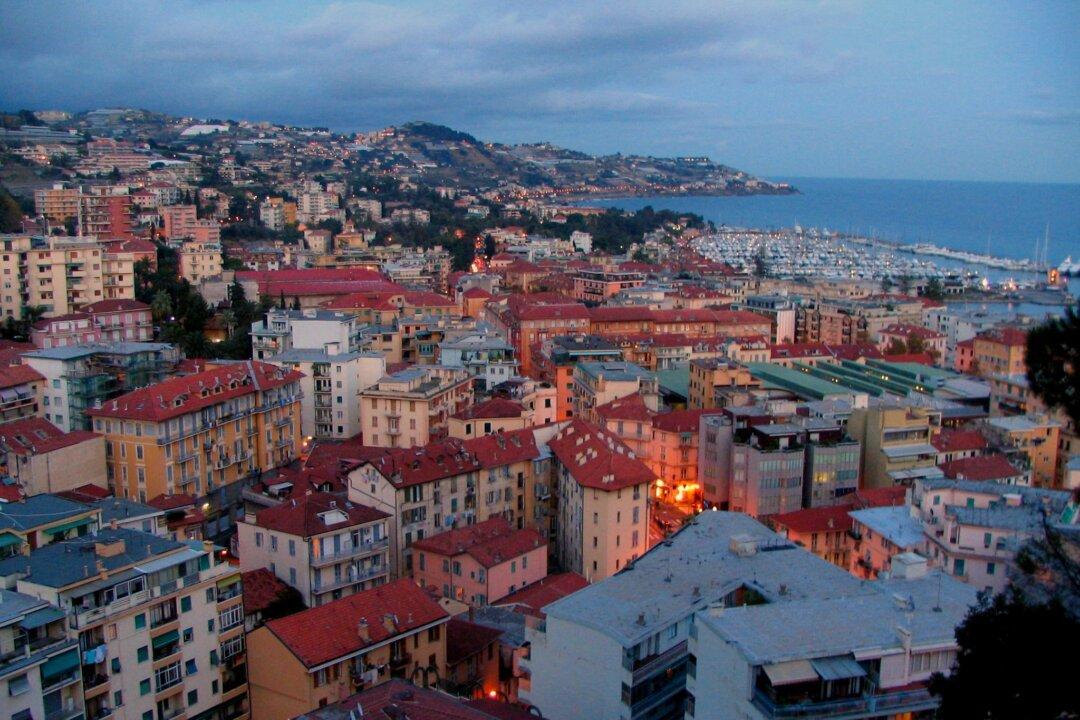Commentary
She sits as erect as an English school head mistress. She can be just as articulate, as English is her third language and she’s conscious and careful of every word and sentence that she utters.

She sits as erect as an English school head mistress. She can be just as articulate, as English is her third language and she’s conscious and careful of every word and sentence that she utters.